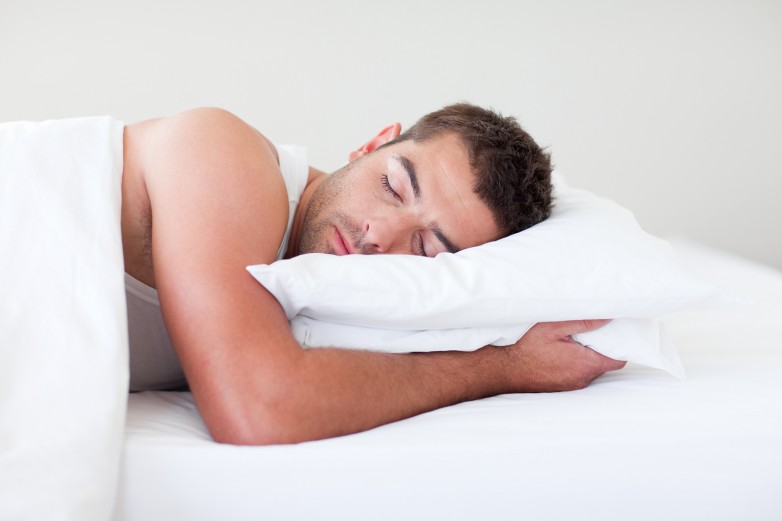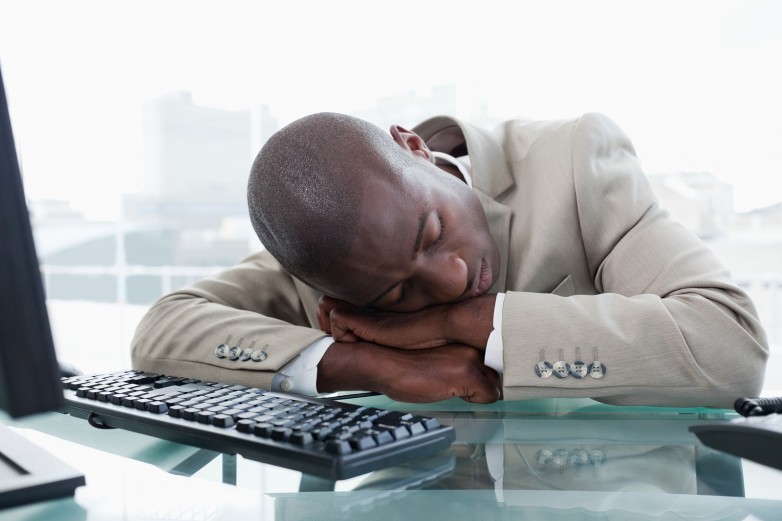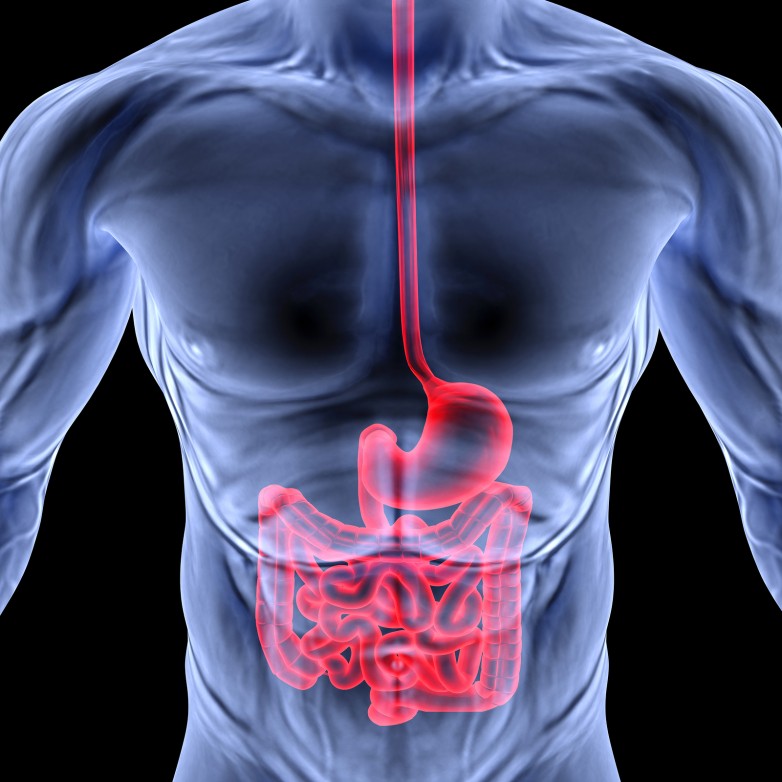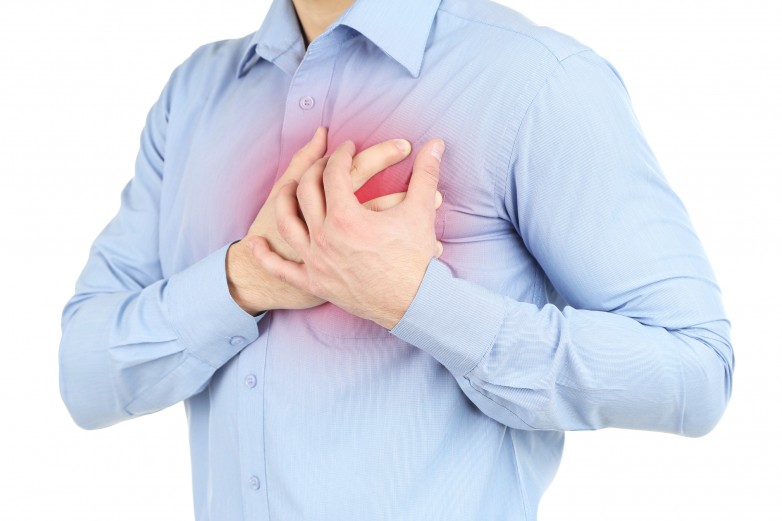By Dr. Don Fisher
Anxiety, worry, fear and stress all seem to be everywhere and few of us get enough sleep. Sleep is critical to good health.
I tell patients that if we were to rate good sleep on a 10 scale where 10 is the best sleep, very few of us get that. A 10 on a sleep scale would mean that you got to sleep, stayed a sleep and slept for 7-9 hours and awoke feeling rested. These days with our constant exposure to electromagnetic fields (lights, wi-fi, computers, and cellphones) we have significantly depleted our natural sleep hormone which is melatonin. Most patients that I see who are older than 40 have no melatonin.
Stress and lack of sleep go hand in hand. Lack of sleep or poor sleep quality contribute to elevated cortisol levels. Cortisol is a vital and necessary hormone which is normally secreted from your stress gland — the adrenal. The healthy adult with no extra stress has the greatest amount of cortisol first thing in the morning. It gets us up out of bed feeling energized and the lowest level of this hormone is just before bedtime. Poor sleep causes stress and elevated cortisol levels. Elevated cortisol contributes to fat and this is often why I see men or women that have sleep issues also have difficulty getting lean and losing fat.
Cortisol can easily be measured by simple saliva testing which you can do at home — it’s done four times daily. This result can help me help you decide what is best to do for your stress. We can implement a plan for helping you cope with stress.
Sleep is critical. We all need it but not all of us get good quality of sleep. I like to ask patients if they will rate for me their sleep on a ten scale where 10 means you got 7-9 hours of sleep, woke up rested and refreshed and you had dreams and can remember some of your dreams. Perfect sleep is all of that. More about sleep and stress and how to improve both but here are some general good sleep hygiene tips:
- Establish a routine time for bedtime and awakening.
- Avoid daytime naps.
- Avoid alcohol, caffeine, and other central nervous system stimulants.
- Administer medications that might lead to insomnia in the morning (so the effect wears off by bedtime.)
- Exercise regularly, but not just prior to bedtime.
- Limit fluid intake close to bedtime.
- Avoid eating large meals immediately before bedtime.
- Reduce ambient lighting at least one hour before bedtime.
- Mask noises or use soft earplugs if necessary.
- Use the bedroom only for sleeping, reading, or sex.
- Avoid engaging in stressful activities or unpleasant tasks near bedtime.
Women often complain of very poor sleep near menopause and it often relates to poor hormone balance and a serious lack of one female hormone — progesterone.
Men as we get older lose growth hormone, melatonin and testosterone, just to name a few. When hormones are replaced to more youthful and optimal levels — sleep improves.
Another sleep tip is replacing magnesium as it is the fourth most abundant mineral in our bodies and studies now show that most adults over the age of 40 are magnesium deficient. So simply replacing magnesium can improve sleep.
So many natural measures can be taken even before sleep medication is offered — so it is always best to speak with a healthcare professional who can offer help.
Dr. Don Fisher, D.O., is a physician and the medical director of The Best Program, Inc., in Fort Lauderdale. Contact him online at www.TheBestProgram.net.







